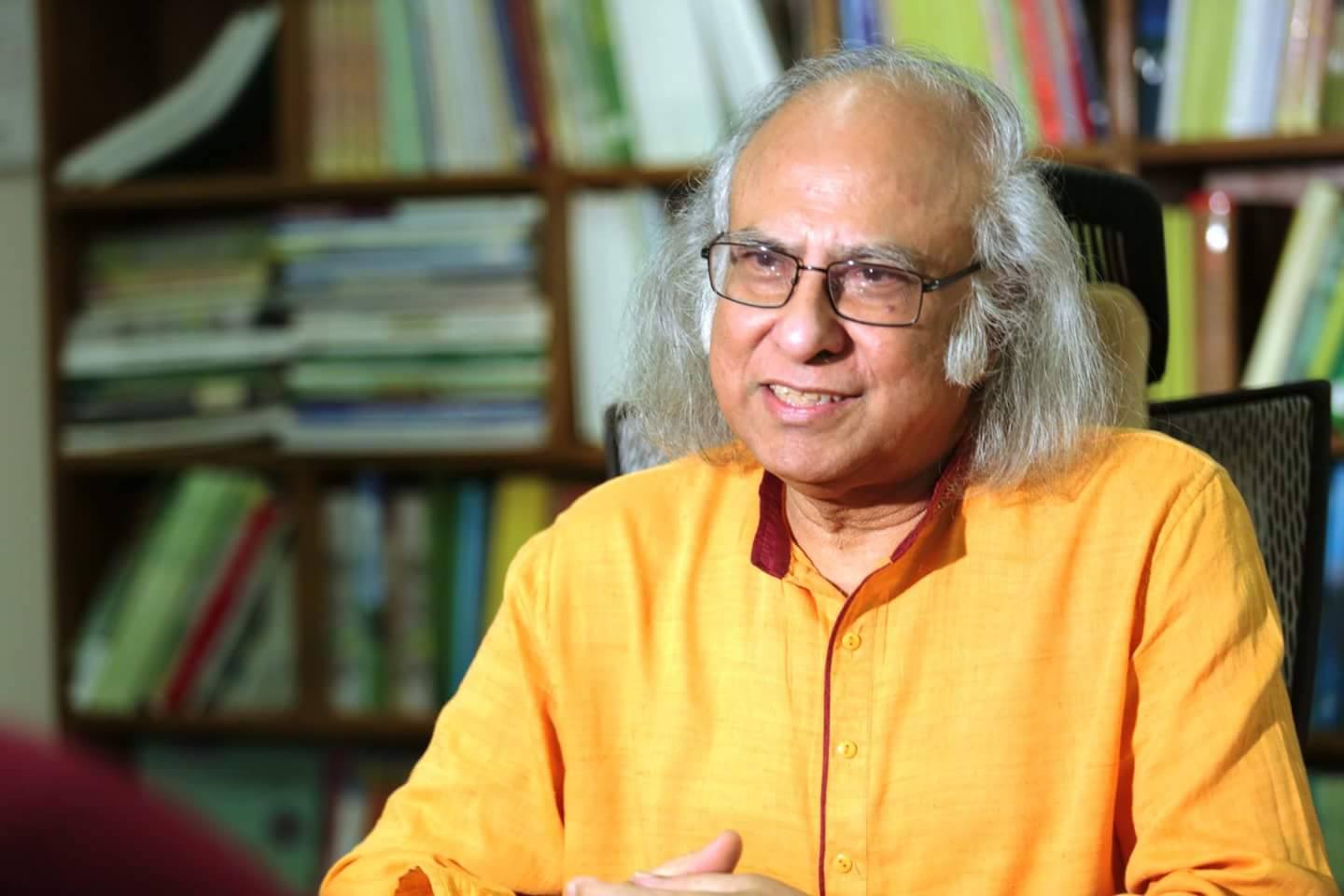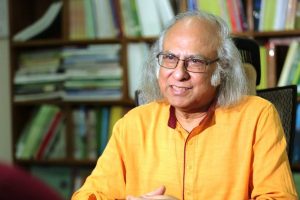
 InM: What potential do you see for MEs to emerge as the second generation transformers of the country’s rural economy?
InM: What potential do you see for MEs to emerge as the second generation transformers of the country’s rural economy?
QK: There is great potential for microenterprises (MEs) in Bangladesh in the context of diversification of the rural economy and its transformation towards modernisation. It is not possible for the largely agricultural and informal sectors-based economy to transform into one that is modern and industrialised in one go. It seems to me that the likely process to move, over a medium to longer run, into a developed state is one of ‘hop stop and jump’. In this process, the MEs would serve to help create the environment and enthusiasm for taking the process of modernisation and industrialisation to higher trajectory. Already rural people are getting into the gear as it were, as MEs are flourishing across the country. These include agro-support and agro-processing industries and various other types of economic activities.
The Palli Karma-Sahayak Foundation (PKSF) has identified some 1,000 clusters of around 250 manufacturing, repairing, trading, agricultural, and other ME activities across the country. With appropriate financial, skill training, technology access, market information, marketing, and other necessary support, these clusters have the potential to become budding growth centres with ever expanding industrial and knowledge-based activities. The MEs in the clusters and elsewhere have, therefore, the potential to help modernise the rural economy of Bangladesh, encompassing agricultural modernisation (including crop, fishery, livestock, and plantation) as well as upgrading manufacturing, trading, and other economic activities.
InM: Access to finance is considered as one of the critical constraints to ME development in Bangladesh. At present, some of the banks are ‘down-scaling’ their loan size while some MFIs are ‘up-scaling’ their loan size to provide ME loans. Do you consider these as welcome trends in the financial sector?
QK: For the high potential of MEs in Bangladesh to be realised, funding is necessarily a crucially important requirement. In this context, led by PKSF, the MFIs (should perhaps be called DFIs meaning Development Finance Institutions) have for the past few years been up-scaling the size of loans being provided for ME development. Loans of up to Taka one million or about US$12,800 each is being provided by PKSF Partners Organisations (POs) for appropriate ME development.
I hasten to add that the ultra-poor and the poor are, at the same time, receiving due attention from PKSF and its POs. The concept is, in fact, appropriate finance, that is related to the circumstances, need and abilities of the borrowing members. But, since only money is not enough, the PKSF model also provides for assisting them in terms of skill training, access to technology, market information and marketing of products.
Surely, these funding institutions do not have enough money to support the existing and potential financial demand for ME development in rural Bangladesh, particularly so if ME sectors are to play the critical role that it can in the process of modernising the rural economy and help move the economy steadily towards a medium-income, inclusive economy. There is not much of rural ME development funding now available from other sources as well.
There must, therefore, be credit lines for making the required finance available. In this context, the government should come forward to facilitate and support establishment of adequate credit lines to lend funds for ME development in rural Bangladesh in the amounts as required, which may vary from few lakh Taka up to, say, 50 lakhs (which is the bottom investment requirement for a small enterprise). At the same time, for the process of agricultural modernisation, industrialisation and other economic undertakings to move forward as fast as possible, funding and institutional
support for small and medium enterprises (SMEs) should also be available.
In addition to being a pillar supporting the process of modernisation of the rural economy of Bangladesh, the MEs, by generating employment opportunities for the downtrodden, will simultaneously help eradicate poverty and reduce disparity.
InM: How important are the issues of appropriate credit technologies and financial products in reducing transactions costs and improving capacity of MFIs to serve the ME sector?
QK: Transaction costs are an important element in the cost of disbursing large numbers of small credits. However, most of the large MFIs (DFIs) of Bangladesh have been working for a long time and have been able to reduce cost of funds through generation of savings. In other words, in many cases, the savings that the institutions have been able to generate over the years account for a significant proportion of their loanable funds. These are in fact very low cost funds. Moreover, when a large proportion of the loans would be provided in terms of lakhs instead of the conventional thousands, cost of both delivery and collection of repayment as well as supervision costs and, hence, overall transaction costs should decline to some extent. It is, therefore, possible to further reduce the interest rate.
However, given the existing and potential demand for ME financing, these institutions need much more financial resources to be able to provide appropriate credits to support the fast expanding ME sectors in rural Bangladesh. In this context, the government may consider developing a conducive policy environment and an effective strategy so that ME development in the country, which is already making strides, is supported in terms
of financial and other services, as required.
